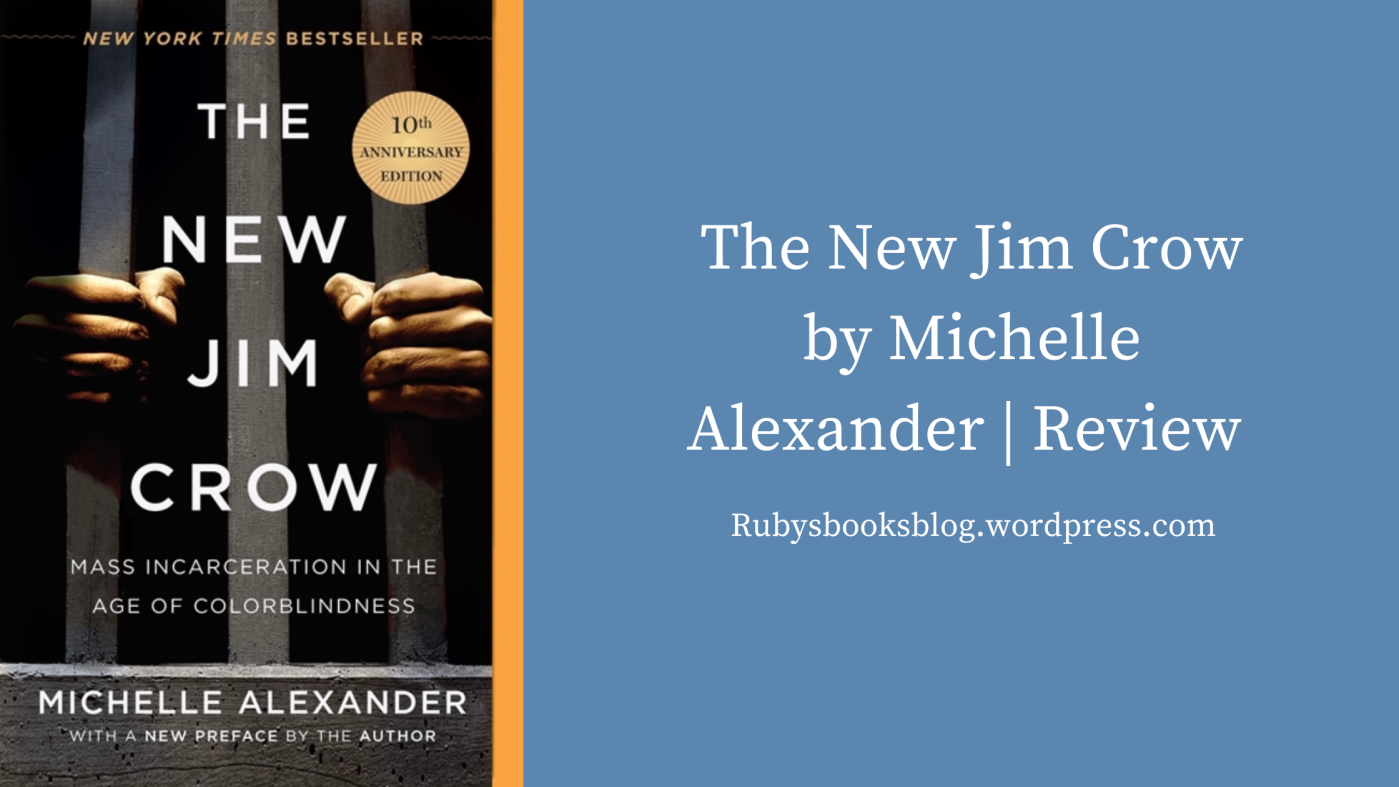As the United States celebrates the nation’s “triumph over race” with the election of Barack Obama, the majority of young black men in major American cities are locked behind bars or have been labeled felons for life. Although Jim Crow laws have been wiped off the books, an astounding percentage of the African American community remains trapped in a subordinate status–much like their grandparents before them.
In this incisive critique, former litigator-turned-legal-scholar Michelle Alexander provocatively argues that we have not ended racial caste in America: we have simply redesigned it. Alexander shows that, by targeting black men and decimating communities of color, the U.S. criminal justice system functions as a contemporary system of racial control, even as it formally adheres to the principle of color blindness. The New Jim Crow challenges the civil rights community–and all of us–to place mass incarceration at the forefront of a new movement for racial justice in America.
I apologise in advance if this review is a bit jumbled – I listened to the audiobook, so I just made some notes while I was listening. This is definitely a book that you should read for yourself! I’ll mention a lot of the themes Alexander touches on, and the ones that stood out to me, but so many topics are covered so I won’t be able to mention them all. I’d highly recommend the audiobook, but I also want to get a physical copy so I can mark notes and passages.
The New Jim Crow is a work of non-fiction focusing on mass incarceration in the United States and how it affects Black Americans. I didn’t know that much about mass incarceration in the US, beyond knowing vaguely about policies such as the war on drugs. And let me tell you, I learned so much from this book! Alexander backs up her ideas with evidence so well, which I appreciated as I can now integrate those examples into my own conversations. I read an updated edition that included an additional preface where Michelle Alexander addresses questions she has received about the book, such as why she focused on Black men and not Black women. and I liked that she included this.
Alexander covers so much in this book – it’s impossible for me to mention it all. The book begins by talking about slavery and the aftermath of abolition. The birth of Jim Crow meant that even after slavery was abolished, it still continued through labour, discrimination and incarceration. Slavery even remained appropriate as a punishment for a crime. Alexander discusses the past in order to compare the systemic racism to the current state of mass incarceration in the USA. Everything is discussed within the context of colourblindness, and how it can be just as dangerous as being overtly racist.
There is a lot of discussion on Reagan’s war on drugs, which I knew a little about, but I learned so much more detail here. For example, I didn’t realise that the war on drugs actually started before crack cocaine was a thing, rather than a response. There was and is a huge discrepancy between drug charges for middle class white men using powdered cocaine, and working class Black men using smaller amount of crack cocaine. The amount of time people serve as minimal sentences for only carrying small amounts of drugs is horrific, especially when Alexander compares sentences to other countries.
It is common for police to use traffic violations as a pretext to search for drugs. Federal grants greatly incentivised the police force’s participation too. Alexander uses the metaphor of a bird cage for systemic racism to link together many factors contributing to mass incarceration, such as police drug searches, racial bias, pressure to plead guilty, harsh sentencing laws, invisible punishment outside of prison and the treatment of people as second class citizens. A lot of this content is heavy, and some of the case studies were hard to read about because their situations were so clearly unjust. It was especially disheartening to see all the times the Supreme Court reversed their own decisions.
So overall, I would highly recommend reading this book. I think mass incarceration is a topic that a lot of people don’t know much about, and I think this book is a great starting point to understanding its devastating impact and the relation of mass incarceration to past systems of racial control. The New Jim Crow helped me confront my own unconscious biases, as well as thinking more about comparisons to other justice systems. I learned so much from this book and it did not disappoint! I’d give content warnings for mentions of racism, mass incarceration, slavery, drug use, police corruption.

1 Pingback